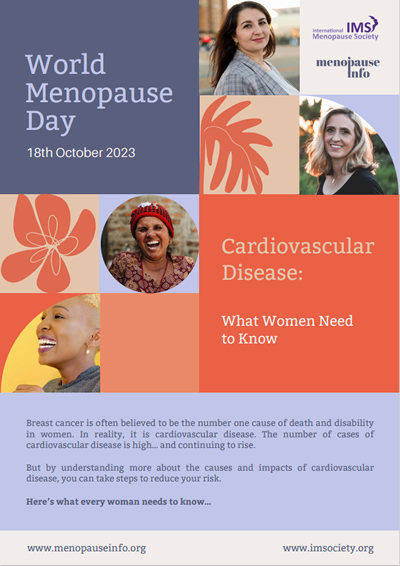Your Menopause, Your Heart showcases menopause, American Heart Month in February and Wear Red Day on Friday, February 2. After menopause, our risk of heart disease can increase…
Cardiovascular Disease
What is cardiovascular disease (CVD)?
Depending on the Source (DotS), the definition of CVD may vary. In What Is Cardiovascular Disease? the World Heart Federation’s (WHF) definition is:
Heart Disease
What is heart disease (CVD)?
DotS, the definition of heart disease may vary. In What Is Cardiovascular Disease? What are the Different Types of Cardiovascular Disease? Heart Disease the WHF’s definition is:
No 1 Killer of Women
Is CVD the No 1 killer of women?
According to the American Heart Association’s, Go Red for Women:
Breast Cancer
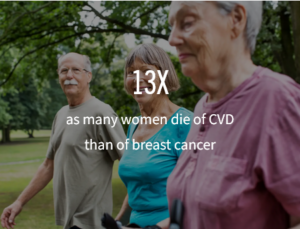 Can CVD kill more women than breast cancer?
Can CVD kill more women than breast cancer?
In Women & CVD the WHF note:
Menopause
What CVD risk factors should every woman know about?
In Menopause and Cardiovascular Disease: Does Menopause Increase A Woman’s Risk of Heart Disease and Stroke? the Go Red for Women elaborate on:
 “Cardiovascular risk factors that every woman should know about include:
“Cardiovascular risk factors that every woman should know about include:
- Age at the time of menopause. Women who reach menopause before age 45 have a significantly higher risk of coronary heart disease. Coronary heart disease results from plaque buildup in the arteries
- Estrogen. Levels of estrogen, which helps keep blood vessels relaxed and open, start to decline markedly as menopause approaches. With less estrogen, cholesterol may begin to build up on artery walls. A buildup in vessels leading to the heart or brain can increase the risk of heart disease or stroke.
- Hot flashes and night sweats. Hot flashes and night sweats are the most common menopause-related symptoms and can last up to 10 years. They also are associated with worse cardiovascular disease risk factor levels.
- Depression and sleep problems. In some studies, depression and sleep disturbances were linked to an increased risk of heart disease.
- Increased visceral fat…
- Cholesterol levels and metabolic syndrome risk…
Know Your Numbers
 What numbers do women (and men) we need to know?
What numbers do women (and men) we need to know?
In Know Your Numbers They Could Just Save Your Life the Go Red for Women explain:
Talk to your healthcare provider today to learn about your Blood Pressure, Cholesterol, Blood Sugar and BMI (Body Mass Index). Your heart depends on it”.
Health Topics A-Z
Where may I find Health Topics related to Your Menopause, Your Heart?
In Health Topics A-Z you may find:
Links
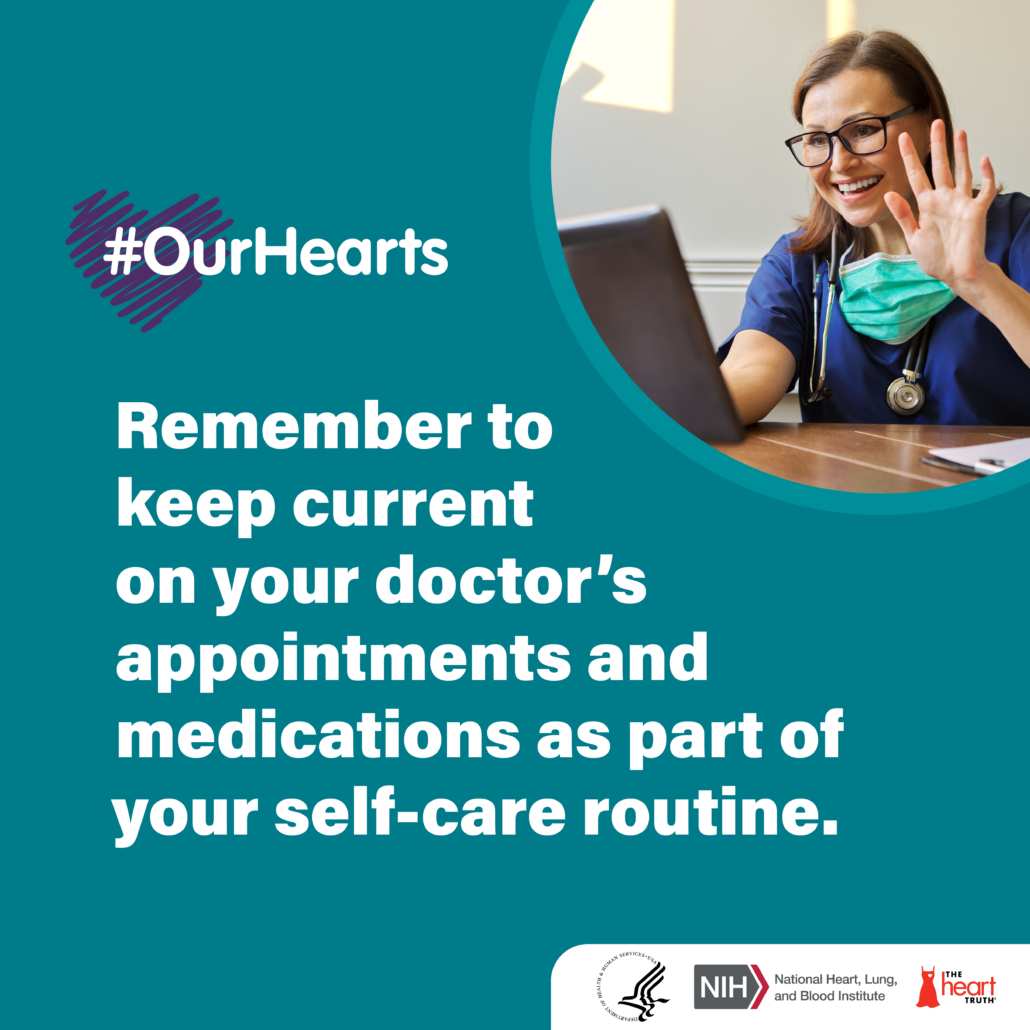 Where may I find Links related to Your Menopause, Your Heart?
Where may I find Links related to Your Menopause, Your Heart?
Your Country may have Links similar to:
New or Updated
- February Is American Heart Month
- Heart Attack Symptoms In Women Are Often Different Than Men
- How Estrogen Supports Heart Health
- Lifestyle Links To Heart Health Go Beyond Food, Exercise, Mayo Clinic Healthcare Expert Explains
- Little By Little: Small Changes Can Lead To Heart Health, Mayo Clinic Expert Says [13 February 2024]
- Mayo Clinic Minute: What To Do for A Healthier Heart [+ Video Courtesy: Mayo Clinic News Network]
Links
This Links List to third party websites is neither comprehensive nor exhaustive. Inclusion on this Links List does not imply endorsement or recommendation. Non-inclusion on this Links List does not imply non-endorsement or non-recommendation. Third party websites are not under the control of Meno Martha International Menopause Directory. Third party websites may contain explicit medical images and/or sexual references. Please read Meno Martha International Menopause Directory’s Links Policy before proceeding to a Link. Please contact Webmaster if you experience a problem with a Link.- Ask Early Menopause.org
- Cardiac Arrest
- Cholesterol: Fact versus Fiction
- Coronary Heart Disease: What Is Coronary Heart Disease?
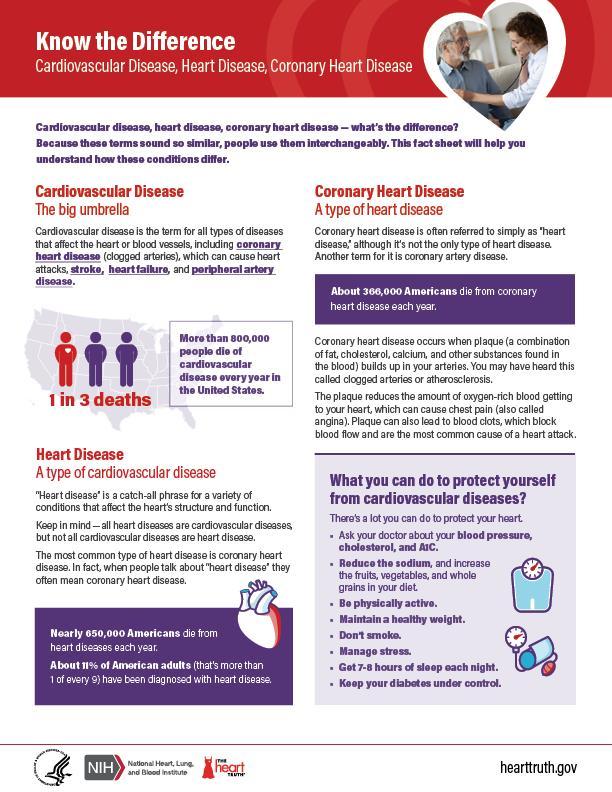
- Doing These 8 Things May Greatly Lower Risk for Heart Disease and Stroke
- Don’t Buy Into Dietary Supplements for Heart Health
- Downloadable Recipe Collections From Heart Foundation [Australia]
- February Is American Heart Month
- Go Red for Women
- Guidance on Menopausal Hormone Therapy
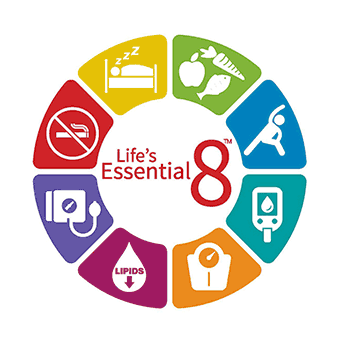 Heart Attack Symptoms In Women Are Often Different Than Men
Heart Attack Symptoms In Women Are Often Different Than Men- Heart Health After Menopause
- High Blood Pressure
- How Estrogen Supports Heart Health
- Know Your Numbers They Could Just Save Your Life
- Lifestyle Links To Heart Health Go Beyond Food, Exercise, Mayo Clinic Healthcare Expert Explains [06 February 2024]
- Life’s Essential 8
- Little By Little: Small Changes Can Lead To Heart Health, Mayo Clinic Expert Says
- Lower Your Risk for the Number 1 Killer of Women
- Mayo Clinic Minute: What Is Heart Disease? [+ Video Courtesy: Mayo Clinic News Network]
- Mayo Clinic Minute: What To Do for A Healthier Heart [+ Video]
- Menopause and Cardiovascular Risk
- Menopause and Women’s Health
- National Wear Red Day® and American Heart Month [American Heart Association’s Go Red for Women]
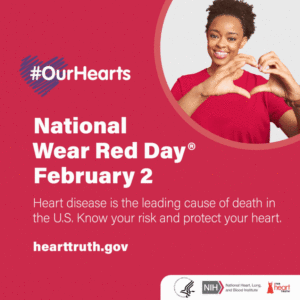
- Navigating Menopause: Expert Insights and Solutions | Dr Susan Davis | The Proof Podcast EP 245
- Sleep Problems Linked To Heart Health Risks During and After Menopause
- Symptoms That May Require A Consultation With A Cardiologist
- The Heart Truth®
- The Slowly Evolving Truth About Heart Disease and Women
- Video Series-2023: Menopause and Heart Disease
- Video Series-2023: Premature and Early Menopause
- Video: Leslie Cho, MD, Discusses CV Risks, Benefits of Menopausal Hormone Therapy
- What Is Cardiovascular Disease?
- Women & CVD
- Women and Heart Disease
- Videos & Podcasts: Videos – Interviews: Cardiovascular Disease In Women
- Webinars: Previous – Cardiovascular Disease
- Women and Heart Health
- World Menopause Day

- World Menopause Day: Patient Information Leaflet – Cardiovascular Disease: What Women Need To Know [Multiply Languages]


